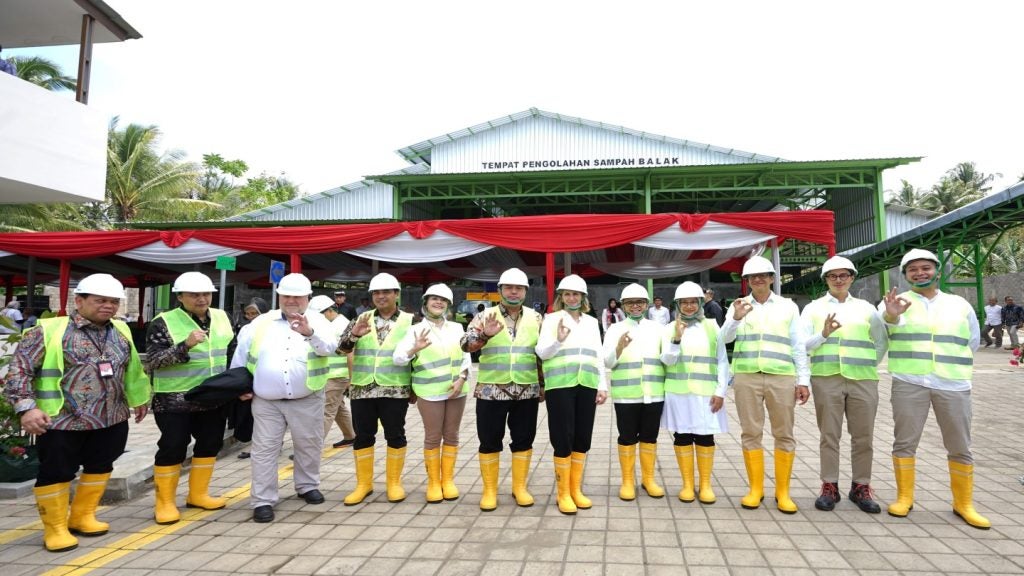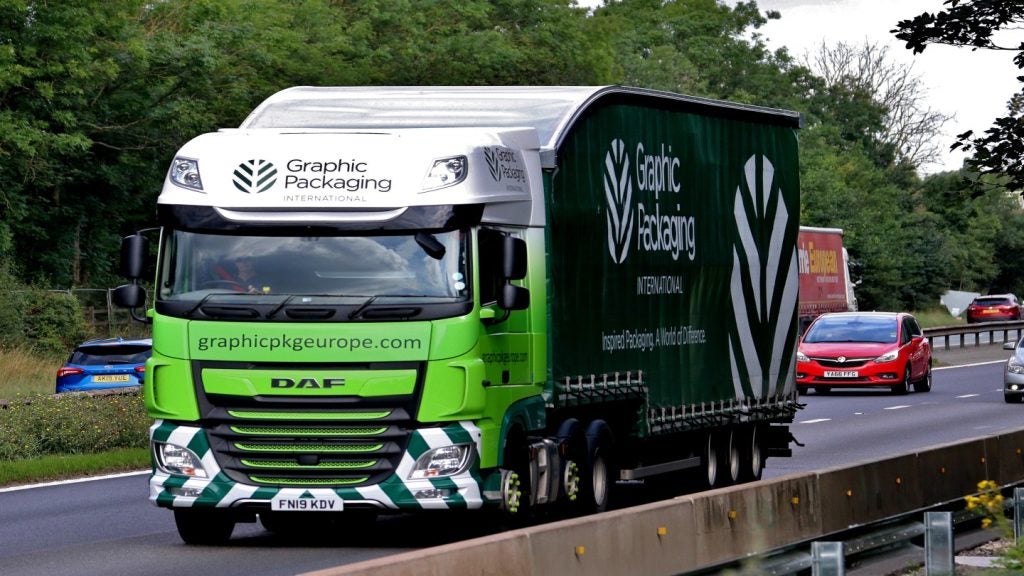Austrian chemical business Borealis has announced the opening of a new material recovery facility (MRF) in Banyuwangi, a regency of East Java province in Indonesia.
The facility has been opened as part of Project STOP, a joint initiative between Borealis and systemic change company Systemiq.
Introduced in 2017, Project STOP aims to create circular waste management systems across Southeast Asia’s high-need areas.
The latest opening falls under the project's Banyuwangi Hijau expansion programme. It is hoped to create 1,000 full-time jobs in the area.
The new facility is claimed to be one of Indonesia’s largest MRFs in the Songgon municipality, and was inaugurated by Banyuwangi Regent Ipuk Fiestiandani.
The Banyuwangi Regency government allocated more than 1.5ha of land for the construction of this MRF.
Fiestiandani said: “We hope this infrastructure can establish the implementation of a circular waste management system and become a benchmark to other regions in Indonesia.”
The MRF will further help in implementing the regional government’s Solid Waste Master Plan, co-developed by local agencies Clean Oceans through Clean Communities and Project STOP.
Borealis CEO Thomas Gangl said: “Since we founded Project STOP together with Systemiq in 2017, we established waste management systems in Muncar, Pasuruan and Jembrana as first phase.
“Based on the learnings done in the first three cities, we will now expand the reach of Project STOP to the Banyuwangi region.”
By 2025, the facility is set to achieve its full-scale capability to collect 230,000 tonnes (t) of waste, including 3,300t of plastic waste, annually.
The MRF will handle both organic and inorganic waste collection and sortation from local households.
It will have a daily peak capacity of processing up to 84t of waste.
According to Borealis, organic waste collected at this plant will be processed into compost while inorganic waste such as plastics will first be sorted and then transferred to the recycling sector for further processing.
Systemiq's head of Materials and Circular Economy Ben Dixon added: “This second Project STOP programme in Banyuwangi underscores our enduring partnership with the Regency and other local government agencies, with increased impact and benefits for the local environment and population.”











